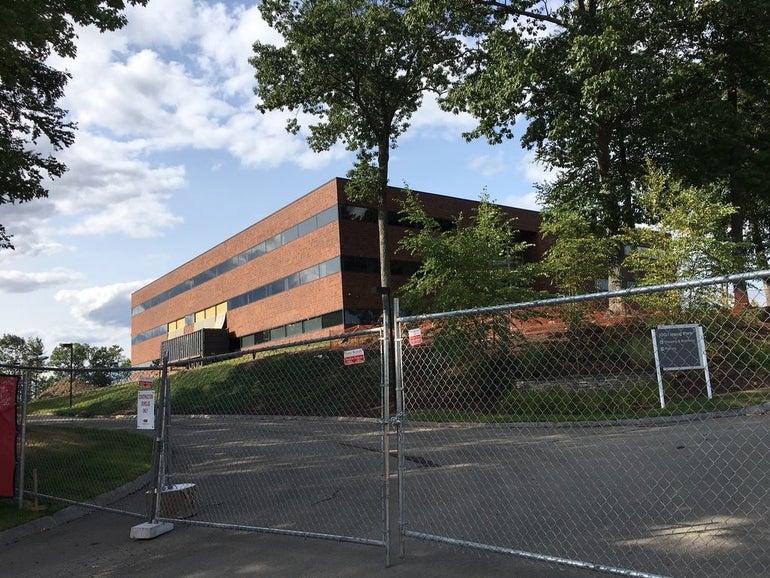The labor force in Massachusetts this year has grown faster than in any state in the nation and employers here have added nearly 300,000 jobs since the start of the Great Recession in 2007, but wage stagnation means the favorable trends have not translated into significantly more income for most workers and families, according to a new report.
Median household income in Massachusetts has grown only half a percentage point each year, after adjusting for inflation, since 1979, but has risen about 4.3 percent a year for the 1 percent of households with the highest incomes, according to the Massachusetts Budget and Policy Center’s Labor Day report.
Income inequality, a problem across the United States that Bay State Democrats frequently deride, is especially acute here in Massachusetts where 25 percent of all income in 2014 went to the highest 1 percent of income earners, compared to 10 percent in 1979.
“This growing inequality is part of what is known as the ‘Great Decoupling’ – the period, beginning in the 1970s, when growth in wages and income for most workers began to flatten even while productivity continued to increase,” the State of Working Massachusetts report said.
The Labor Day report’s observations on wages and income shed additional insight into an apparent disconnect between the state’s tax code and job creation – tax collections are in the midst of a prolonged slump despite a relatively lengthy period of job growth and low unemployment
The Massachusetts labor force has grown 3.2 percent this year, another sign that workers believe they can find jobs. And at 9 percent, the state’s rate of job growth since 2007 is sixth highest among states over that time period and has helped make emloyers more productive and grow the economy.
In addition to touting minimum wage increases, the left-leaning MassBudget offers research painting in a favorable light an income surtax on households with incomes above $1 million per year, an idea on track for a binding vote on the 2018 ballot. The report asserts that if all households had shared equally in income gains made since 1979, the median household income in Massachusetts would be $88,300, or 37 percent higher than it is currently.
And while college-educated workers are experiencing weak wage growth, the report noted Massachusetts has the highest percentage of such workers – 50 percent had a four-year college degree in 2016 – and presented data quantifying the relative benefits. While placing the median Massachusetts hourly wage in 2016 at $21.22, the report estimated workers with bachelor’s degrees earned a median wage of $30.11, compared to $15.12 for those with a high school degree.
The report also assigns numbers to state government’s retreat over the years in its support for public higher education, the most affordable path to college degrees for low-income and middle-income individuals and families who can’t afford to attend private universities.
The state reduced funding for public higher education by $3,000 per student from 2001 to 2016, according to the report, with tuition and fees rising $4,000 per student over the same period.
Looking backwards, the report reaches interesting conclusions about job growth in the wake of the Great Recession of 2007-2009 and the 1990-1991 recession.
“It took Massachusetts 61 months from the start of the early-1990s recession, and 57 months from the start of the Great Recession, to return to pre-recession employment levels each time,” the report said. “This similarity in recoveries from the 1990-1991 recession and the Great Recession is especially impressive considering that the latter lasted twice as long as the former and was the worst the nation had seen since the Great Depression. (Though it should be noted that Massachusetts experienced worse job loss during the 1990-1991 recession than during the Great Recession.)”
The report is based on data from three federal agencies – Census Bureau, Bureau of Economic Analysis, and Bureau of Labor Statistics – and state agencies.

